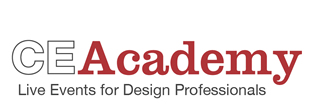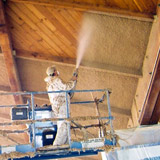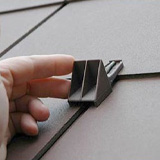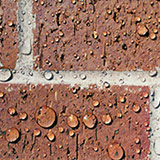Knoxville, TN - Thursday October 15, 2020
Postponed

Knoxville, TN
Event Date
Thursday October 15, 2020
7:30 am -
Available Credits
Up to 8 AIA HSW/LU CE Hour(s)
Up to 2 GBCI General Hour
Bridgewater Place
205 Bridgewater Place
Knoxville, TN 37923
Knoxville, TN 37923
Registration Price
Event Agenda
Thursday, October 15, 2020
7:30 am
|
|
8:00 am
|
Sponsored By Eagle Roofing 1 AIA HSW/LU CE Hour(s) 1 GBCI General Hour Learning Objectives:
|
9:10 am
|
Sponsored By International Cellulose Corporation 1 AIA HSW/LU CE Hour(s) 1 GBCI General Hour Learning Objectives:
|
10:20 am
|
Sponsored By S-5! 1 AIA HSW/LU CE Hour(s) Learning Objectives:
|
11:30 am
|
|
12:30 pm
|
|
1:00 pm
|
Sponsored By PROSOCO 1 AIA HSW/LU CE Hour(s) Learning Objectives:
|
2:10 pm
|
|
3:20 pm
|
|
4:30 pm
|
Sponsored By Lightning Safety Alliance 1 AIA HSW/LU CE Hour(s) Learning Objectives:
|
State CE Requirements
|
Tennessee Board of Architectural & Engineering Examiners (615) 741-3221 Renewal Cycle: Biennial Total Hours Required: 24 Detailed Hours Required: 13 HSW Renewal Deadline: Last day of licensee's birth month |

.jpg)













